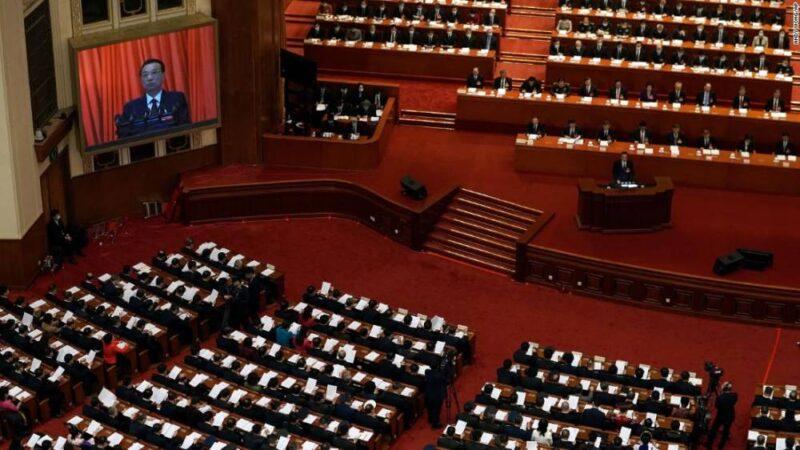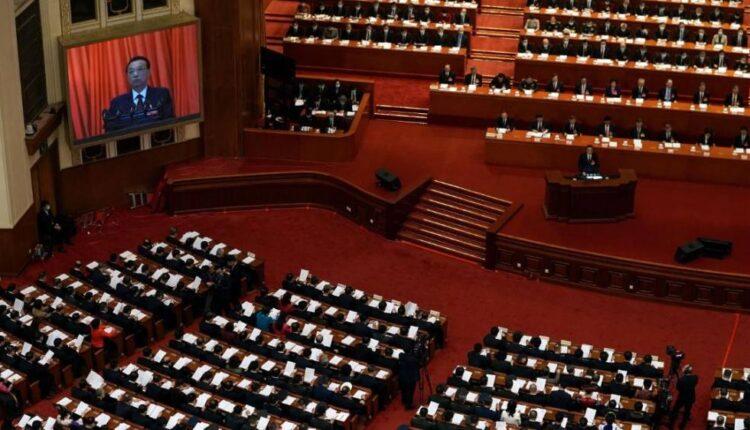London (CNN Business)After plunging into recession for the first time in nearly a quarter of a century, India’s economy should come roaring back to life in 2021.
India’s gross domestic product is projected to expand by 12.6% during the country’s fiscal year starting in April, according to a forecast released Tuesday by the Organization for Economic Cooperation and Development. If that level of growth is realized, it would allow India to reclaim its status as the fastest growing major economy — stealing the title back from China, which the OECD expects will deliver growth of 7.8% this calendar year after dodging a recession in 2020.
India’s economy recorded a rise in gross domestic product of 0.4% in the final three months of 2020, ending its recession. For 2020 as a whole, the Indian economy contracted by about 7%.

China faces huge climate and tech challenges in its bid for global leadershipThe OECD also unveiled major upgrades to its global outlook on Tuesday, saying that “economic prospects have improved markedly in recent months” thanks to the deployment of coronavirus vaccines and additional stimulus announcements. The Paris-based agency also said there were signs that recent containment measures weren’t hurting the economy as much as earlier efforts.Read More”This may reflect a more careful targeting of public health measures and income support,” the group said, adding that businesses and consumers have adapted to the restrictions.The OECD now expects the world economy to grow by 5.6% in 2021, up from an estimate of just 1.4% in December.
US could grow by 6.5%
The United States’ economy is now expected to expand by 6.5% this year, a major improvement from a previous forecast of 3.3%. The agency pointed to the effects of “strong fiscal support” from President Joe Biden’s $1.9 trillion stimulus package. In Europe, where the vaccine rollout has been slow outside of the United Kingdom, the OECD predicts “a more gradual upturn.” The 19 countries that use the euro are expected to see output expand by 3.9%. The UK economy, which suffered a bigger hit than its European neighbors in 2020, will grow by 5.1%.But the outlook remains highly uncertain due to the pandemic. The OECD noted that vaccine campaigns are moving at different speeds around the world, and there’s still the chance of new mutations that resist vaccines.It also addressed the debate over inflation that’s rattled markets. Investors have become increasingly concerned that a strong recovery could trigger a spike in prices later this year, forcing central banks to raise interest rates or taper bond purchases sooner than expected.The OECD acknowledged that price pressures are building on some fronts.”A faster-than-expected recovery in demand, especially from China, coupled with shortfalls in supply, has pushed up food and metals prices considerably, and oil prices have rebounded to their average level in 2019,” it said.
But the agency emphasized that with economies and the job market still weak, central bankers should maintain loose monetary policies that have boosted the recovery even if inflation overshoots some targets.”Transitory factors that push up headline inflation do not warrant changes in the policy stance,” it said.
Source: edition.cnn.com

